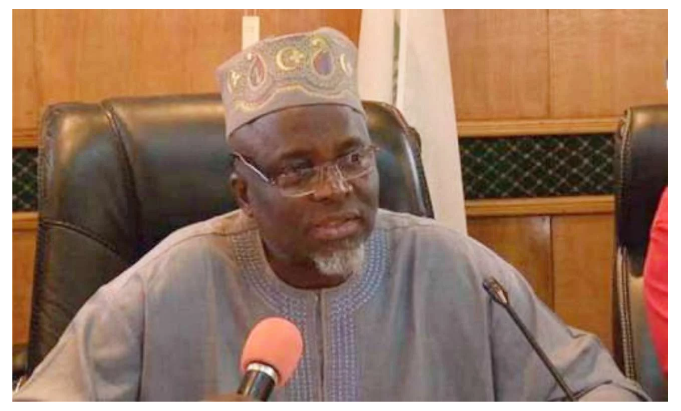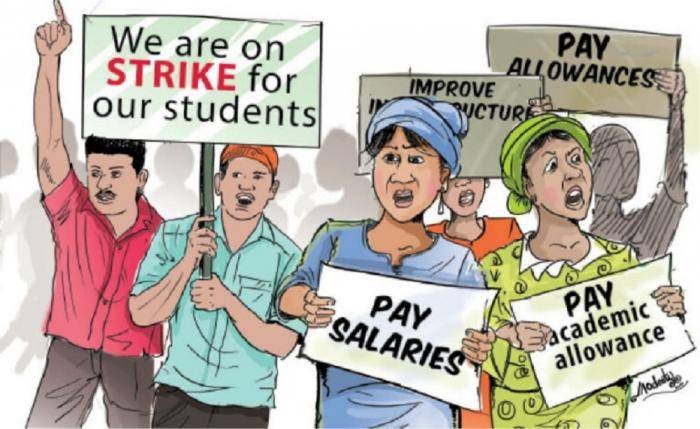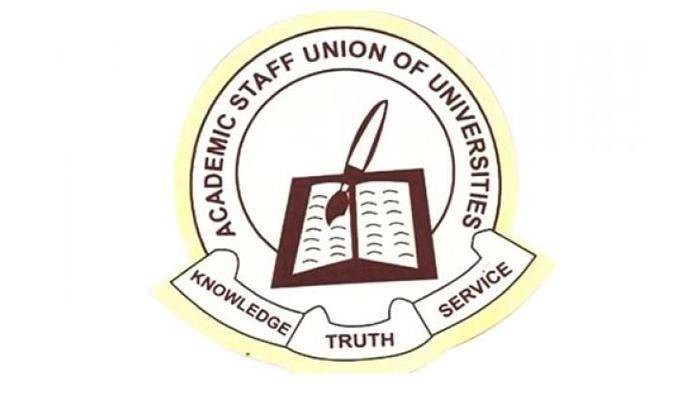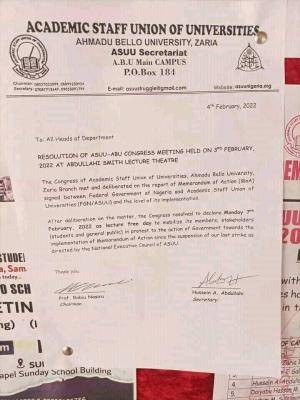
The Minister of Education, Prof. Ruqayyatu Rufa'i, on Monday appealed to the Academic Staff Union of Universities to suspend its current strike and "go back to classes''. But ASUU President, Dr. Isa Fagge, has said that the lecturers would not call it off until the union's demands were met.
The union, he said, was satisfied with the compliance with the strike so far. Rufa'i, who made the appeal at a meeting with vice- chancellors of Nigerian universities in Abuja, said, "We plead with them to go back to classes. "We are having a meeting tomorrow at the National Assembly with the Senate and House of Representatives to resolve all the issues. "Besides, the white paper on the 2010 Visitation Panel Reports on Federal Universities has since been released and forwarded to the universities for implementation.
"Consequently, monitoring teams will soon visit the universities to ensure implementation of the recommendations.'' The minister noted with dismay that many private and state universities were yet to establish effective governance structures and that the development had grave implications for the running and development of the universities. She noted that the issue of the award of honorary degrees to undeserving personalities remained an embarrassment to government. Rufa'i said the Federal Government was disturbed by the continuous establishment of universities and running of programmes without regard to due process.
The minister advised those culpable to desist from such acts which were capable of inflicting injury on the university education system. Fagge, who spoke on Monday, said it was satisfied with the level of compliance of its members to the nationwide strike it declared on July 1. The strike has paralysed academic activities in all public universities across the country.
Students have been forced to return home while those in the final year have been forced to stay action on their final year projects. It was also learnt that some universities are now tinkering with the idea of postponing the post-Unified Tertiary Matriculation Examination being planned for prospective students.
ASUU declared the indefinite strike to protest the FG's non-implementation of a part of an agreement it entered into with the union in 2009. The agreement includes university autonomy and adequate funding of universities.
The government also reneged on the Memorandum of Understanding it signed with the union in December, 2011, according to Fagge. Fagge told the News Agency of Nigeria on telephone that the compliance by state chapters of the union was encouraging. He said that ASUU was determined to continue the action until the FG meets its demands. "I am happy with the level of compliance by members of the union.
"All of them have downed tools as directed, and we have communicated the National Executive Committee's decision to government; we are waiting for its response. "It is time for people to start probing why government is not taking the much needed steps to address problems in our university system. "I want to admonish parents to find time to look into the standards of these institutions so that we can be convinced on why something must be done to salvage the situation, and urgently too," he said.
He noted that overcrowding of students in hostels, lecture theatres, laboratories and workshops had become worrisome. "What will one make of a situation where a hostel room made for just two or four, as the case may be, is being occupied by 12 students? "This same situation also applies to the use of laboratories as well as workshops; yet, we want to produce quality graduates who are expected to use their knowledge to drive our economy," Fagge said.
The unionist said that such a situation would not ensure quality assurance on the part of the students and universities. According to him, research and development are non- existent in universities due to poor funding and other constraints. "It is based on this that we are saying it is time to face realities, tell ourselves the truth about the state of things in our universities and seek ways of tackling them once and for all.
"Instead of deceiving ourselves, we should find the NEEDS assessment report on these institutions and study it passionately," he said.




